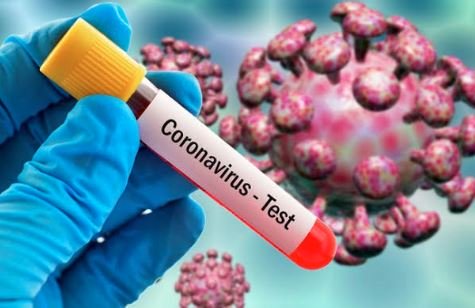- The U.S. Department of State (DoS) and the U.S. Agency for International Development (USAID) remain committed to assisting the world’s most vulnerable countries in fighting the coronavirus disease (COVID-19) pandemic. On June 18, U.S. Secretary of State Michael R. Pompeo announced an additional $75.5 million to support the global response to COVID-19, bringing the total pledged U.S. Government (USG) funding to more than $1 billion. To date, pledged funding from USAID includes more than $227 million in assistance from USAID’s Global Health Emergency Reserve Fund for Contagious Infectious-Disease Outbreaks (ERFUSAID), approximately $200 million in Global Health Programs (GHP-USAID) funds, $538 million in humanitarian assistance from USAID’s International Disaster Assistance (IDA) account, and more than $208 million from the Economic Support Fund (ESF).
- USAID continues to track recent upticks in reported COVID-19 cases in Latin America, which may indicate that the region is becoming the next epicenter of the pandemic, according to health experts. The number of confirmed cases has risen in several countries in recent weeks, including Brazil, Peru, and Chile, which have the second, sixth, and seventh highest number of cases in the world, respectively.
- In coordination with the National Security Council, USAID is working with interagency partners, including the U.S. Department of Defense, and the private sector to fulfill U.S. President Donald J. Trump’s commitment to provide ventilators to countries in need globally. To date, USAID has delivered ventilators to El Salvador, Honduras, India, Peru,
Russia, and South Africa to support care for COVID-19 patients. This medical equipment will assist frontline health workers in treating severe COVID-19 cases. - USAID is committed to coordinating global response efforts with bilateral, multilateral, and private sector partners. Through multilateral fora and bilateral engagement, USAID is mapping donor partner commitments to identify funding gaps, address operational challenges, and help deploy USG resources to the areas of greatest need.
previous post
next post


